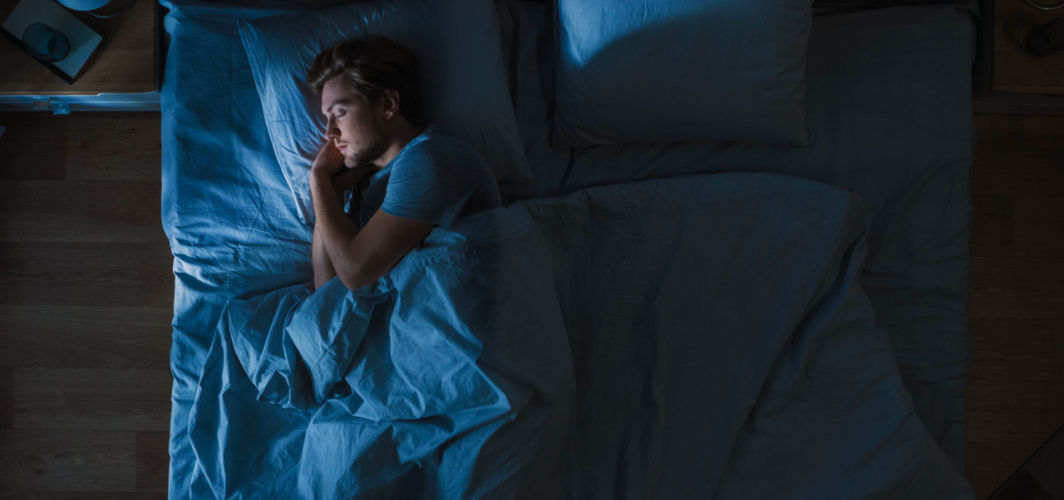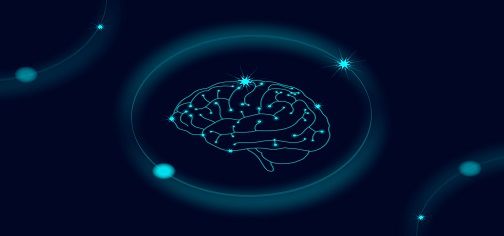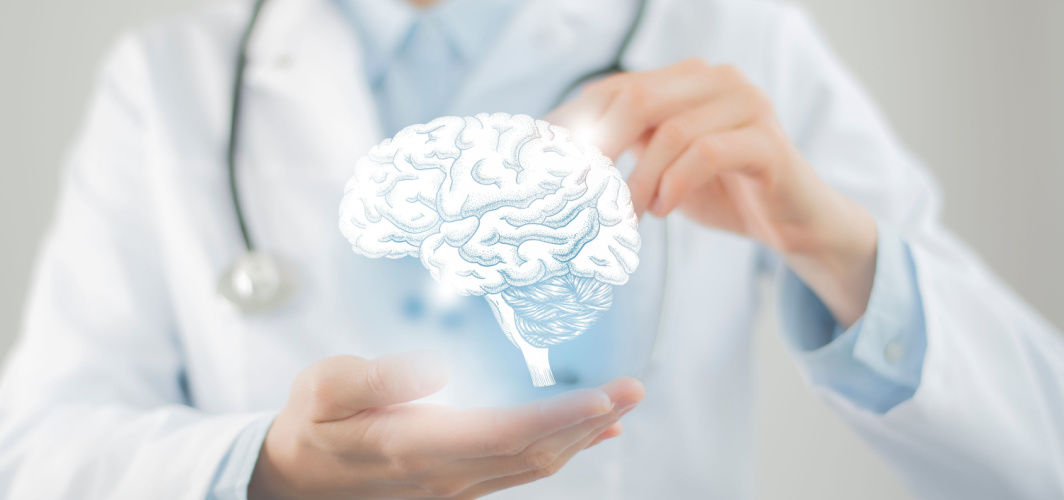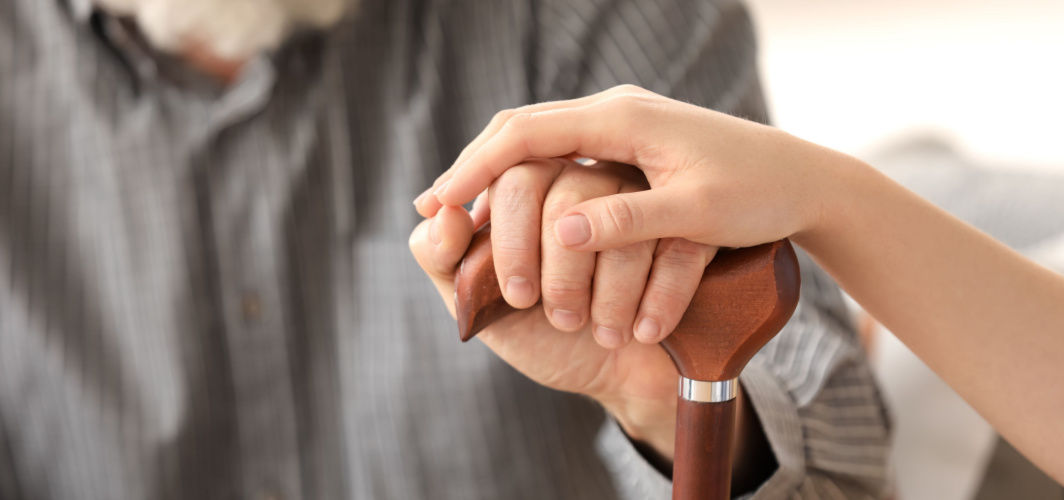Neurology
7 Common Myths About Sleep - Busted By Apollo's Expert Neuropsychiatrist
5 min read
By Dr Debanjan Banerjee, Consultant Neuropsychiatrist, Apollo Multispecialty Hospitals, Kolkata - 09 March 2023, Updated on - 08 December 2023
Share this article
0
34 likes

Wondering what can sound sleep provide you with? Well, an adequate amount of sleep can help restore your energy, rest your body, and ensure your overall well-being. To promote the importance of sleep and to highlight the issues associated with lack of sleep, every year 17th March is observed as World Sleep Day. This annual event aims to lessen the burden of sleep problems on society through better prevention and management of sleep disorders.
For this World Sleep Day 2023, the theme is ”SLEEP IS ESSENTIAL FOR HEALTH”. Just like eating well and exercising, sleep is a behaviour that is foundational to one's physical, mental, and social well-being. Hence, to ensure sleep health, let us debunk some of the related myths.
Myth 1: A certain amount of sleep is necessary daily. You should try to achieve it at all costs.
Fact: This is the commonest of all ‘beliefs’ that we come across. People spend extra time in bed simply to get the desired duration of sleep that they feel is necessary. Well, there is no such duration. There are basically two types of people; short-sleepers (4-5 hours/day) and long-sleepers (8-10 hours/day). On average, a healthy human needs 6-8 hours of sleep every day, preferably at night. However, these figures vary and it is best to follow the natural individualized pattern, rather than striving to develop any set patterns of sleep. That increases bedtime, creates anxiety and further disturbs actual sleeping time.
Myth 2: It is good to read books, listen to music or have a drink before sleep.
Fact: All these activities stimulate the brain and impair the quality of sleep. Any drink (alcoholic or non-alcoholic) can disturb sleep. It is rather advised to have a gap of at least an hour between dinner and bedtime. A light walk can be advised post-dinner, which helps fall asleep faster.
Myth 3: Try and try unless you succeed (to sleep)!
Fact: This is a very disturbing mistake all of us make. Sleeping is not equivalent to fighting. Struggling to sleep would not help, rather, it would increase the apprehension and further keep you awake. Sleep is a natural process and it needs the body and mind to be at peace. If you are in bed for a while and still cannot sleep, just get up and out of bed, distract yourself for a while, get fresh, empty your bladder and retire to bed again. Similarly, if you have got up really early, do not forcibly try to sleep till late. Just get up and start the day. The next night, your body will compensate for your sleep naturally.
MYTH 4: Use phones, tablets, or laptops in bed when you cannot sleep.
Fact: Immediate resorting to technology seems to be the easiest solution to treat insomnia. But it is totally the opposite! The vicious cycle sets up when every time you are awake, you feel the need to check your device for communication, which sets your brain on a continuous alert resulting in chronic anxiety, restlessness, and sleep disturbance. Once this turns into a pattern, it is very difficult to break.
MYTH 5: If you are not able to sleep, try sedatives or alcohol.
Fact: Sedatives are one of the most sold over-the-counter drugs. The reasons include our habits, harmful suggestions and decision-making, inadequate implementation of legal licensing and often, the lacklustre attitude of the pharmacists. Any kind of sedative medication, without a prescription, might get you to sleep for a few days but eventually can be habit-forming, addictive with more and more doses needed to get the desired result. It can lead to a whole lot of side effects, such as being totally dependent on them and long-term damage to the kidney and liver. The same holds true for any alcoholic beverage if used solely for sleep.
MYTH 6: Older persons should sleep more and better.
Fact: It might sound odd but this is what most doctors hear while consulting. Quite contrary to the children, the elderly have more fragmented sleep and poorer sleep quality. They tend to sleep early in the evening and get up early. Also, recurrent naps are more common. This is a normal ageing pattern and does not need any treatment. Sleep-inducing medications should be maximally restricted for them unless the doctor examines and prescribes them for a reason. Constipation, pain, prostate problems, and uncontrolled diabetes may also contribute to sleep problems in older people.
Myth 7: I can treat sleep problems by myself. There are minor ailments.
Fact: While following certain sleep hygiene steps, daily exercise and structuring your day can promote sleep, please consider seeking professional help if your sleep is persistently disturbed (more than 2 weeks) or if your sleeplessness has started to affect your personal/professional life. Neglecting insomnia, over-sleeping, sleep apnoea, or excessive snoring can have serious consequences, which can be avoided through timely treatment.
Some sleep hygiene steps
- Avoid daytime naps.
- Bedtime and waketime should be constant.
- Use the bed only for sleep.
- Leave the bed if you don’t get sleep and try later.
- Avoid caffeine, soft drinks, alcohol or any other brain-stimulating activity before bedtime.
- Structure your day.
- Eat a light and early dinner.
- Practise regular exercises such as yoga, meditation, or walking
- Control your body weight and blood pressure.
- Take professional help for persistent sleep-related problems.
If you are unable to sleep properly or have some related issues,
Medically reviewed by Dr Sonia Bhatt.
Neurology
Leave Comment
Recommended for you

Neurology
Best First Aid Tips and Treatment for Seizures
Watching someone have a seizure can be terrifying. Many people often freeze up in such situations. For this reason, it is advisable to know what can and cannot be done to help the person seizing. While there isn’t much you can do to stop a seizure, you can take certain measures to keep the person safe.

Neurology
What Are The Early Signs Of Brain Cancer?
Discover the warning signs of brain cancer, and find out what steps you should take if you notice any of these signs.

Neurology
Memory, Behaviour & Beyond: All About The ‘Gray’ Of Alzheimer’s Disease
Alzheimer’s Disease is an illness of the brain known to cause a gradual loss in memory and other cognitive abilities. Read more about the disease in this blog.
Subscribe
Sign up for our free Health Library Daily Newsletter
Get doctor-approved health tips, news, and more.
Recommended for you

Neurology
Best First Aid Tips and Treatment for Seizures
Watching someone have a seizure can be terrifying. Many people often freeze up in such situations. For this reason, it is advisable to know what can and cannot be done to help the person seizing. While there isn’t much you can do to stop a seizure, you can take certain measures to keep the person safe.

Neurology
What Are The Early Signs Of Brain Cancer?
Discover the warning signs of brain cancer, and find out what steps you should take if you notice any of these signs.

Neurology
Memory, Behaviour & Beyond: All About The ‘Gray’ Of Alzheimer’s Disease
Alzheimer’s Disease is an illness of the brain known to cause a gradual loss in memory and other cognitive abilities. Read more about the disease in this blog.
